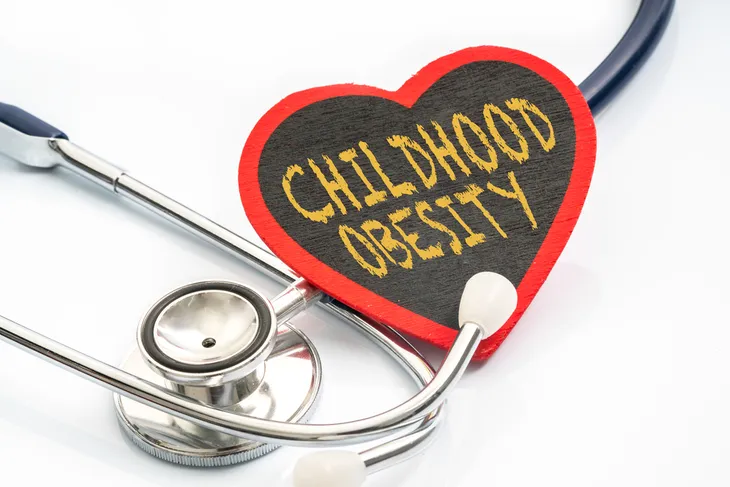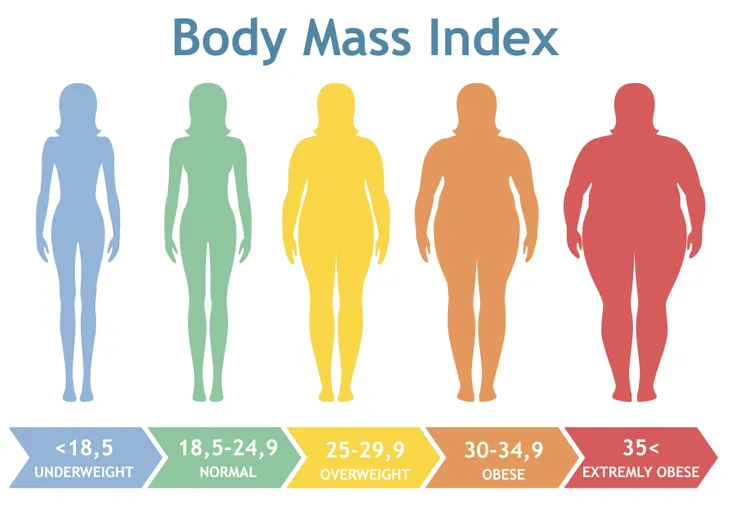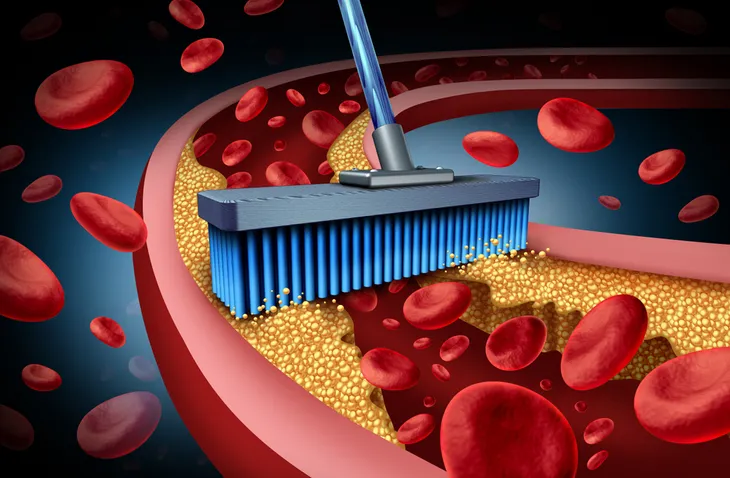Childhood obesity is becoming a bigger problem every single year. A study from 2017 to 2018 noted that roughly 19.3-percent (around 14.4 million) of American children and adolescents could be considered obese. When focused on Hispanic children, and non-Hispanic Black children, the figures are even bleaker.
The problem is much more significant than simply carrying a few extra pounds. The short and long-term health implications of childhood obesity can range anywhere from depression to high blood pressure and diabetes at a young age.
Today, we’re going to look at what causes childhood obesity, the associated health risks, and share some proven tips on how to treat it long term.
Causes of Childhood Obesity
The primary cause of childhood obesity is behavior and lifestyle issues. Though genetics and hormonal factors can sometimes play a role, we’re going to focus our attention on the role of behavior.
When you take childhood obesity at its most simplistic, you often see that it’s a problem that develops as the result of poor nutrition choices and inactivity. But a deeper look can highlight much more complex root causes.
Psychological factors like stress can lead to childhood obesity. Limited access to nutritious food can too. A child born into a family of overweight people has an increased likelihood of developing childhood obesity as well.
Signs and Symptoms of Childhood Obesity
Spotting obesity is a bit more complicated than monitoring a child’s weight. Children’s bodies can change quite quickly as they grow, and some children have larger than average body frames that allow them to carry varying amounts of body fat.
In order to determine if your child is obese, you’ll need to calculate their body mass index (BMI) by entering their height and weight into an online child and teen BMI calculator.
Once entered, those with a BMI of 18 or lower are considered underweight, 19 to 24 is considered healthy, 25 to 29 is overweight, 30 to 39 is obese, and 45 and over is considered extremely obese.
Immediate Health Risks
Childhood obesity is about a lot more than carrying some extra weight. It presents a whole host of problems that can manifest in both the long and short term.
The more immediate health implications of childhood obesity include high blood pressure and high cholesterol, breathing problems, joint problems, fatty liver disease, gallstones, heartburn, as well as an increased risk of type 2 diabetes.
Future Health Risks
The future health risks of childhood obesity are equally as concerning. Obese children are much more likely to become obese adults. This is a problem, as adult obesity is associated with an increased risk of heart disease, type 2 diabetes, and cancer.
Not only that, but obese children often experience the adult complications of obesity much more severely than those who become obese in adulthood.
Solving childhood obesity is a matter of correcting the underlying behaviors over the long term. Next, we’ll take a look at a few ways you can begin your child’s path to a healthier life.
Lead by Example
Childhood obesity is often a symptom of a series of unhealthy decisions made collectively by an entire family. A reliance on take-out or pre-packaged foods, and a lack of physical activity in the home can pose problems. But those behavior patterns can be changed.
Ridding your family of the risks associated with childhood obesity starts with those in charge. By eating healthier, moving more, and involving your child in these changes, you can jump-start the path to recovery.
Limit Screen Time
There are no two ways about it, poor screen habits are a contributing factor to childhood obesity. More time spent in front of the television means less time spent on physical activities. People often spend more time snacking while watching TV too, creating an even bigger problem.
The goal is to limit your child’s recreational screen time to 1 to 2-hours per day. If that sounds extreme, try to gradually decrease their sit time over a period of weeks or even months.
Keep a Food Diary
Face it, it’s hard enough keeping track of all the things you need to do around the house and at work without adding a brand-new diet into the fold. Therefore most nutritionists recommend documenting what you eat and drink throughout the day.
Food diaries are actually incredibly effective in limiting snacking throughout the day. Start one yourself, keep one for your child, and encourage them to contribute to their own.
Learn to Read Labels
Education is paramount in reversing your family’s unhealthy course. It’s easy to get overwhelmed by the various crash diets, supplement commercials, and health food gurus at your fingertips.
Forget all of that. Instead, start by familiarizing yourself with the nutrition labels found on just about everything that they stock at your local grocery store. The ability to read, understand, and base your nutritional decisions on these labels will pay off for your entire family if you stick to it for long enough.
Get Them Moving
Part of leading by example is getting them off the couch by coordinating family outings centered around physical activity as well as encouraging independent exercise. Go on hikes as a family, play sports together, or enroll your child in extracurricular activities.
The goal is to hit 60 to 90-minutes of moderate to intense physical activity 3 to 4-days a week, but even getting them up and moving for 15-minutes a day can help steer them in the right direction long term.
Encourage Healthy Sleep Habits
Multiple studies show that the obesity epidemic plaguing our nation has been paralleled by a trend of reduced sleep duration. Getting enough sleep is essential to ensure the full functionality of the body’s immune system, endocrine system, and metabolism.
Set a bedtime routine, keep regular sleep and wake times, and monitor noise and light in your child’s bedroom to encourage healthy sleep habits and a healthier child. Changes like these do take time, but the results warrant the effort.
When to See a Doctor
You should always rely on the advice of your family medical practitioner for all inquiries into the health of your child, especially if you’re concerned about your child’s weight.
Schedule frequent check-ups and be proactive with questions and advice seeking. Their doctor can provide you with insight into the severity of your child’s condition and provide you with a roadmap to help them in their recovery.
The Takeaway
Childhood obesity is a serious matter, both in the short and long term. Carrying too much weight can rob a child of their youth, increase their risk of developing life-altering diseases, and decimate their self-confidence and self-esteem.
Solving this problem requires persistence and commitment to long-term strategies. Being proactive about the food that you bring home, encouraging healthy sleeping habits, getting them moving on a regular basis, limiting screen time, and leading by example will improve your child’s health and life in the long run.















